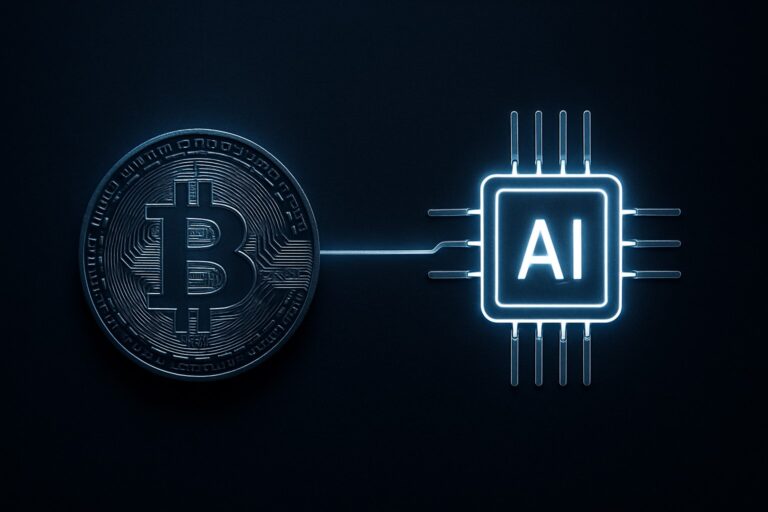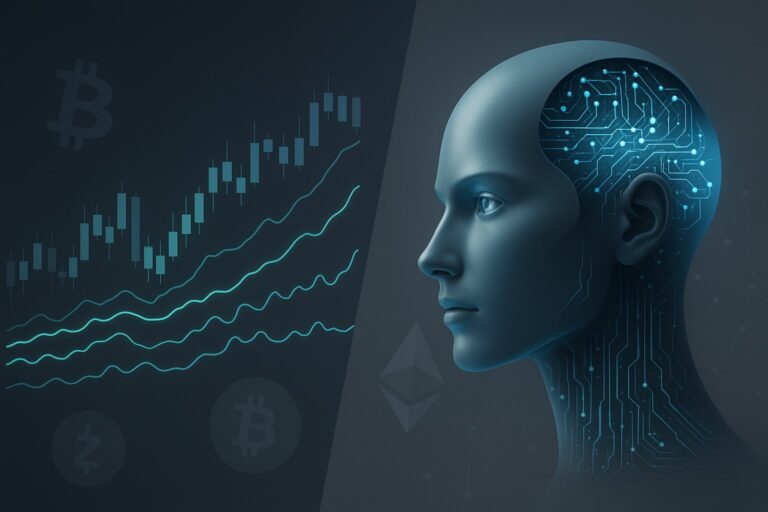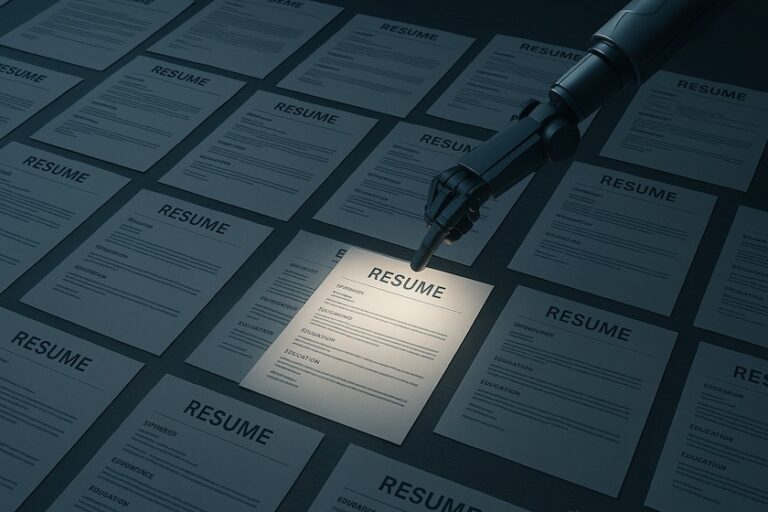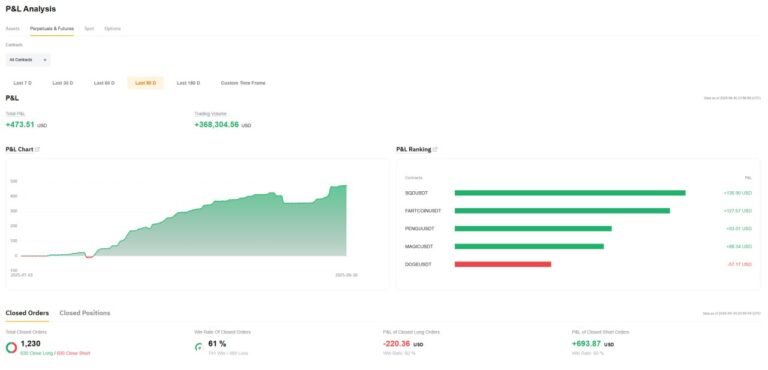Does AI Really Increase Software Engineers Productivity?
A month ago, Mark Zuckerberg made headlines when he said he plans to replace all mid-level developers at Meta with AI by the end of this year. Bold? Absolutely. Realistic? Not quite. As a CEO, Zuckerberg’s statement wasn’t just about technology—it was also about inspiring a vision, stirring excitement, and yes, giving Facebook’s stock a little extra fuel.
But that comment sparked an uncomfortable ripple across the tech world. Suddenly, CTOs everywhere faced a flood of questions from their CEOs: “If Meta is replacing developers with AI, are we headed the same way?”
The reality is more nuanced. AI isn’t about outright replacing developers – not this year, and likely not for many years to come. Instead, AI is about shifting how productivity looks in software development. And that shift isn’t always as straightforward as it seems.
The Real Impact of AI on Developer Productivity
More Code ≠ More Productivity
AI tools can help developers ship more commits, write code faster, and even explore new ideas at a higher pace. But here’s the catch: productivity isn’t just about writing more code. More lines of code often mean more rework, more bugs, and more unused features. Developers might look busier, but velocity doesn’t always equal value.
The Rework Problem
AI-generated code frequently needs human review, cleanup, and adaptation. That rework often offsets the initial “time saved.” Teams end up with larger codebases full of dependencies, noise, and half-baked solutions that don’t always stand the test of production.
In fact, when measured carefully, the net productivity gains from AI in coding today average around 15–20%. Significant, yes. Game-changing? Not always.
Fine Points That Matter
1. Task Complexity
- Low-complexity tasks: AI excels. Think boilerplate, documentation, small utility functions.
- High-complexity tasks: AI struggles. Building distributed systems, designing scalable architectures, or debugging deeply embedded logic often requires human insight. In these scenarios, AI can actually slow teams down.
2. Programming Language Popularity
- Popular languages (JavaScript, Python, Java): AI models are well-trained here, boosting productivity by as much as 25%.
- Unpopular languages (Cobol, Haskell, Elixir): AI support is weak, making developers less productive because of poor suggestions and higher error rates.
3. Codebase Maturity & Size
The larger and older a codebase, the harder it gets for AI to offer useful context. Long-tail domain-specific logic, tangled dependencies, and legacy practices make AI assistance noisy or misleading. More context length in AI models will help over time, but today, results are mixed.
So, Will AI Replace Developers?
Not anytime soon. The future isn’t about replacing developers – it’s about augmenting them. AI can make good developers great, and average developers faster. But AI still relies heavily on human judgment, context, and creativity.
Zuckerberg’s vision might have been more of a headline grabber than a roadmap, but it does highlight a real shift. Developers who learn how to work with AI effectively will see meaningful productivity gains—while those ignoring it might find themselves at a disadvantage.
Final Thoughts
AI does boost developer productivity, but only under the right conditions:
- Simpler tasks
- Popular languages
- Well-structured, smaller codebases
- Clear human oversight
If the task is complex, the codebase messy, or the language obscure, AI might just slow you down.
The bottom line? Use AI – but use it wisely. Think of it as a power tool: in the right hands, it speeds you up. In the wrong hands, it can create more problems than it solves.
👉 What do you think? Do you believe AI is helping you code faster—or are you spending more time cleaning up its mess?






